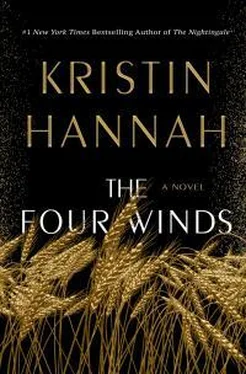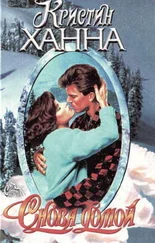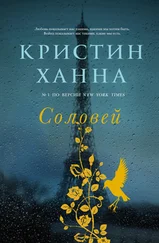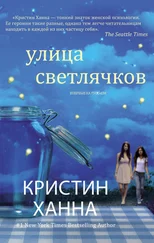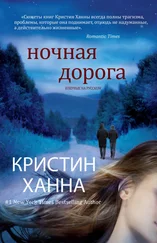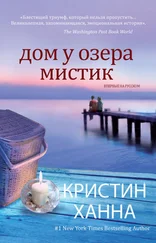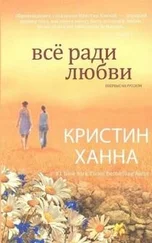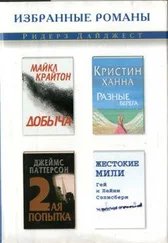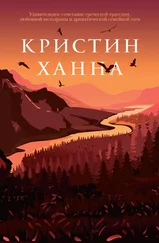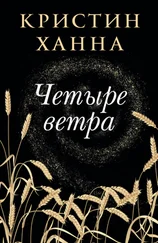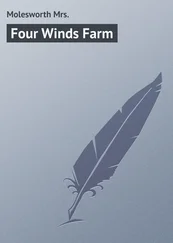Rafe sat slumped on one of them, elbows on the bar, an empty shot glass in front of him, his head hung forward. Black hair curtained his face from view. He wore faded, patched dungarees and a shirt made of plain beige flour-sack fabric. A brown, hand-rolled cigarette burned between two dirty fingers.
In the back of the saloon, an old man chuckled. “Watch out, Rafe. The sheriff’s in town.” His voice was slurred, his mouth almost lost in the tufts of his gray beard.
The barkeep looked up, a dirty rag slung over his shoulder. “Howdy, Elsa,” he said. “You come to pay his tab?”
Perfect. There was no money to buy the children new shoes or to replace her last pair of stockings, and now her husband was drinking on credit.
She felt awkward and unattractive in her baggy flour-sack dress and thick cotton hose, with the fraying leather of her shoes making her big feet look even bigger.
“Rafe?” she said quietly, coming up behind him, laying a bare hand on his shoulder, hoping to gentle him with touch, as she would a skittish colt.
“I meant to have one drink.” He let out a ragged sigh.
Elsa couldn’t count the number of times her husband’s sentences began with I meant. In the first years of their marriage, he’d tried. She’d seen him trying to love her, to be happy, but the drought had drained her husband, just as it had dried out the land. In the past four years, he’d stopped spinning dreams for the future. Three years ago, they’d buried a son, but even that loss hadn’t broken him the way poverty and the drought had. “Your father was counting on you to help him plant fall potatoes this afternoon.”
“Yeah.”
“The kids need potatoes,” Elsa said.
He cocked his head, just enough so he could see her through the dust black of his hair. “You think I don’t know that?”
I think you’ve been sitting here drinking up what little money we have, so how can I know what you know? Loreda needs new shoes, she thought but didn’t dare say out loud.
“I’m a bad father, Elsa, and a worse husband. Why do you stay with me?”
Because I love you.
The look in his dark eyes broke her heart yet again. She did love her husband as deeply as she loved her children, Loreda and Anthony, and as deeply as she’d come to love the Martinellis and the land. Elsa had discovered within herself a nearly bottomless capacity for love. And, God help her, it was her doomed, unshakable love for Rafe, as much as anything, that repeatedly rendered her mute, made her withdraw so that she wouldn’t seem pathetic. Sometimes, especially on the nights he didn’t come to their bed at all, she felt she deserved better and that maybe if she stood up and demanded more, she would receive it. Then she would remember the things her parents had said about her, the unattractiveness that had never changed, and she would remain silent.
“Come on, Elsa, take me home. I can’t wait to spend the rest of the day rooting through the dirt to plant potatoes that will die without rain.”
She steadied him as he stumbled out of the saloon, and helped him up into the wagon. She took the reins and slapped them across the bay gelding’s butt. Milo snorted tiredly and began the long, plodding journey through town, past the abandoned grange hall where the Rotary and Kiwanis Clubs used to meet.
Rafe leaned against Elsa, placing a gentle, long-fingered hand on her thigh. “I’m sorry, Els,” he said in his soft-spoken, what-have-I-done voice.
“It’s okay,” she said, meaning it from the bottom of her heart. As long as he was beside her, it was okay. She would always forgive him. As little as he gave her, as frayed as his affection for her sometimes was, she lived in fear of losing it. Losing him. Just as she feared losing her moody, adolescent daughter’s love.
Lately, that fear had grown almost too big to handle.
Loreda had turned twelve and immediately become angry. Gone overnight were the days of mother-daughter gardening and reading hour at night, when they’d discussed Heathcliff’s nature and Jane Eyre’s strength. Loreda had always been a daddy’s girl, but as a child she’d had room in her heart for both of her parents. For everyone, really. Loreda had been the happiest of children, always laughing and clapping and demanding attention. For years, she had only been able to sleep if Elsa was in bed with her, stroking her hair.
Gone, all of it.
Elsa grieved daily for the loss of that closeness with her firstborn. At first she’d tried to scale the walls of her daughter’s adolescent, irrational anger; she’d volleyed back with words of love, but Loreda’s continuing, thriving impatience with Elsa had done worse than grind her down. It had resurrected all the insecurities of childhood. Somewhere along the way, Elsa had begun to withdraw from Loreda, first hoping that her daughter would grow out of her mood swings, and then—worse—believing that Loreda had finally seen the lack in Elsa that her own family had seen.
Elsa felt a deeply rooted shame in her daughter’s rejection. In her hurt, she did what she’d always done: she disappeared. But all the while, she waited, prayed, that both her husband and her daughter would someday see how much she loved them and they would love her in return. Until then, she dared not push too hard or demand too much. The price could be too high.
There was something she hadn’t known when she went into marriage and became a mother that she knew now: it was only possible to live without love when you’d never known it.
ON THIS FIRST DAY of school, the town’s only remaining teacher, Nicole Buslik, stood at the chalkboard, chalk in hand. Her auburn hair had worked free from its constraints and become a fuzzy nimbus around her heat-flushed face. Sweat turned the lace at her throat a shade darker and Loreda was pretty sure Mrs. Buslik was afraid to lift her arms and show sweat stains.
Twelve-year-old Loreda sat at her desk, slumped forward, not paying attention to today’s lesson. It was just more blather about what had gone wrong. The Great Depression, the drought, blah, blah, blah.
It had been “hard times” for as long as Loreda could remember. Oh, in the early years, the time before memory, she knew rains had fallen, season after season, nourishing the land. Pretty much all Loreda remembered of the green years was the sight of her grandfather’s wheat, golden stalks dancing beneath an enormous blue sky. The sound of rustling. The image of tractors rolling over the ground twenty-four hours a day, plowing the earth, churning up more and more fields. A horde of mechanical insects chewing up the ground.
When had the bad years begun, exactly? It was hard to pinpoint. There were so many choices. The stock market crash of 1929, some would say, but not the folks around here. Loreda had been seven years old then, and she remembered some of that time. Folks lined up outside the savings and loan. Grandpa complaining about bad wheat prices. Grandma lighting candles and keeping them lit, whispering prayers with her rosary.
That had been bad, the crash, but most of the hardship landed in cities Loreda had never been to. Nineteen twenty-nine had been a good rain year, which meant a good crop year, which meant times had been good enough for the Martinellis.
Grandpa kept riding his tractor, kept planting wheat, even as the prices plummeted because of the Depression. He’d even bought a brand-new Ford Model AA stake-bed farm truck. Daddy had smiled often then and told her stories of faraway lands while Mom did chores.
The last good crop had been 1930, the year Loreda turned eight. She remembered her birthday. A beautiful spring day. Presents. Grandma’s tiramisu with candles poking up from the cocoa-powder topping. Her best friend, Stella, had been allowed to spend the night for the first time. Daddy had taught them how to dance the Charleston while Grandpa accompanied them on the fiddle.
Читать дальше
